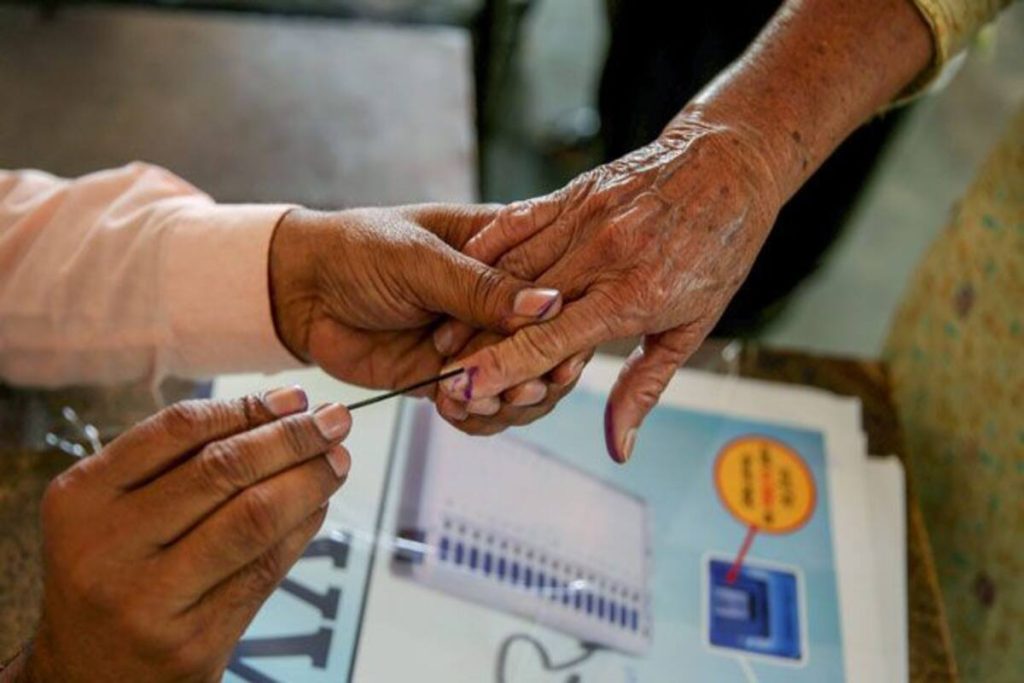The Indian electoral system is the largest in the world, with more than 900 million eligible voters and over 830,000 polling stations. Despite its size, India has long been plagued by issues with free and fair elections. From the lack of voter education to the presence of money and muscle power, there are many challenges to free and fair elections in India. This article will examine the various challenges and explore possible solutions to ensure that India’s elections are free and fair.
Understanding Election Challenges in India
The lack of voter education is one of the biggest challenges to free and fair elections in India. Many eligible voters are not aware of their rights and responsibilities as citizens, or of the importance of participating in elections. This lack of knowledge leads to low voter turnout and the potential for manipulation of the electoral process.
Another challenge to free and fair elections in India is the presence of money and muscle power. The use of money to influence the outcome of elections is a major problem, with candidates and political parties spending millions of rupees to buy votes. Similarly, the use of muscle power to intimidate voters and prevent them from exercising their right to vote is also a major concern.
Implementing Free and Fair Elections in India
To ensure free and fair elections in India, it is essential to address the various challenges. First, voter education must be increased, so that citizens are aware of their rights and responsibilities as voters. This can be done through public campaigns and the use of social media.
Second, the use of money and muscle power to influence elections must be curtailed. This can be done through strict enforcement of laws to prevent candidates and political parties from buying votes. Additionally, the Election Commission of India should ensure that all polling stations are adequately staffed and secure to prevent intimidation of voters.
Finally, it is important to ensure that the electoral system is free from corruption and manipulation. This can be done through the use of electronic voting machines, which are more secure and reliable than paper ballots. Additionally, the Election Commission of India should ensure that all candidates and political parties follow the rules and regulations of the electoral system.
In conclusion, free and fair elections are essential for a healthy democracy. To ensure that India’s elections are free and fair, it is essential to address the various challenges, such as the lack of voter education, the presence of money and muscle power, and the potential for corruption and manipulation. By increasing voter education, curtailing the use of money and muscle power, and ensuring the security of the electoral system, India can ensure that its elections are free and fair.

